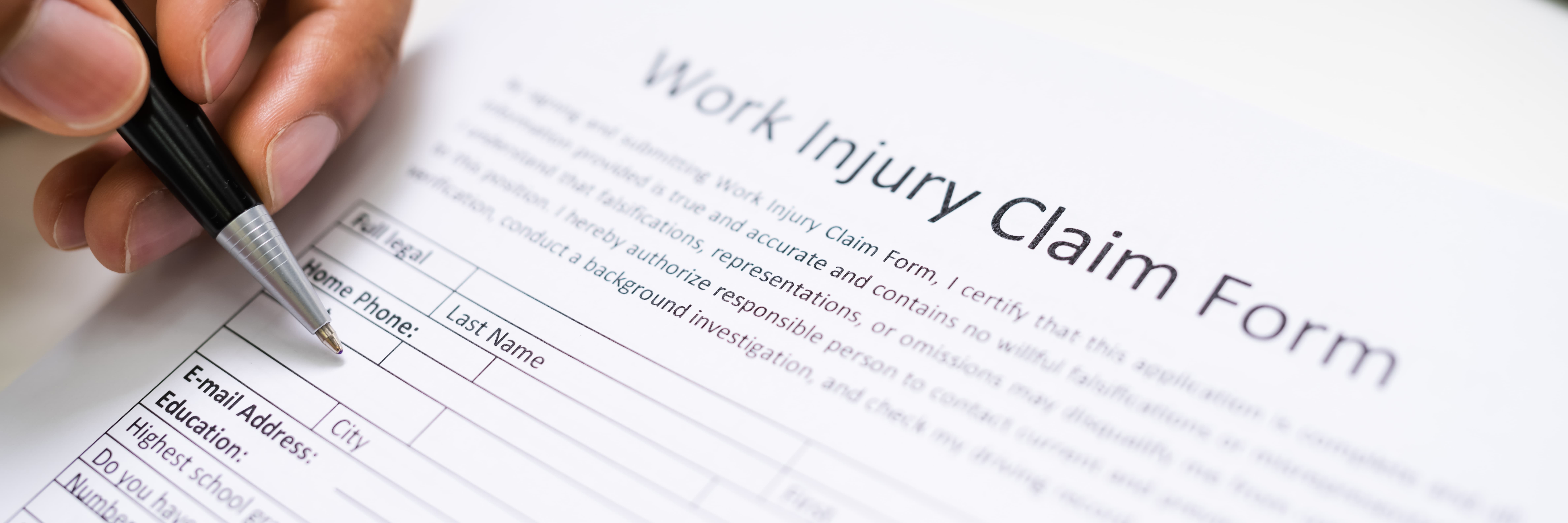Can a Personal Injury Settlement Be Garnished?

When you receive a personal injury settlement, you expect it to cover your losses and compensate you for your pain and suffering. However, if you have outstanding debts, you might start to wonder if your injury settlement is subject to garnishment.
Can a creditor take your injury settlement? Are personal injury settlements subject to seizure by creditors? Here’s what you need to know about whether your injury settlement can be garnished from our Colorado personal injury attorneys.
Can a Personal Injury Settlement Be Garnished in Colorado?
The general rule is that a personal injury settlement can’t be garnished in Colorado. The State of Colorado has a law that makes it clear that injury settlement funds are not available to creditors by garnishment.
However, there is an exception for outstanding child support balance. Generally, personal injury settlements are not subject to garnishment in Colorado except to satisfy outstanding child support debt.
Garnishment Rules for Personal Injury Settlements
Garnishment rules for personal injury settlements vary significantly by state. Some states allow for relatively open garnishment of money received for personal injury settlements. These states may establish an exempt minimum, but typically, they allow creditors to satisfy a judgment by garnishing a personal injury settlement.
However, Colorado completely exempts any personal injury settlement from garnishment with a few exceptions. There’s no minimum or maximum threshold amount in the State of Colorado. In Colorado, all personal injury settlement funds are the sole property of the person who receives the payment. A creditor can’t come and take the money unless it’s to satisfy a child support obligation.
Colorado Revised Statutes 13-54-102 Creates Exemptions to Garnishment
Colorado law 13-54-102 1 creates exemptions for garnishments. The law comes from Title 13, Courts, and Court Procedure. The basic rule is that assets are subject to garnishment to satisfy a debt.
In other words, if you owe someone money, they can execute what’s called a garnishment to get what they’re owed. However, Colorado Revised Statutes 13-54-102 gives a list of exceptions to garnishments. The proceeds of any claim for damages for personal injuries is exempt from garnishment.
Personal Injury Garnishment for Medical Treatment
One notable exception to the personal injury garnishment exception has to do with the expenses related to medical treatment pertaining to the injury. If you incur medical bills to receive treatment for your injury, your medical care providers can garnish your settlement to apply them to your outstanding medical bills. The reasoning for this is that much of the compensation for your injury accident is compensation for medical bills.
Can Creditors Garnish Injury Settlements?
Yes, in some circumstances, creditors can garnish injury settlements. Creditors may garnish injury settlements depending on the law. Each state sets its own laws for when a personal injury settlement can be garnished. Some states allow garnishment of all injury settlements while other states limit garnishments based on the amount, the type of debt, or the type of compensation.
Can Creditors Garnish Injury Settlements in Colorado?
Creditors can only garnish injury settlements in Colorado for child support arrearages. They cannot garnish injury settlements for any other purpose. In Colorado, creditors generally cannot garnish injury settlements. However, if the recipient of the injury settlement owes child support, the child’s other parent or the state may seek to garnish the parent’s injury settlement to collect the outstanding amounts.
Can Creditors Take My Injury Settlement?
Whether creditors can take your injury settlement depends on several factors. The laws of each state determine what types of debts qualify to garnish a personal injury settlement and in what circumstances. There are significant differences between states. Creditors can take your injury settlement if state laws allow for it depending on the amount of the personal injury settlement, the types of compensation that you receive, and the nature of the outstanding debt.
How to Stop a Garnishment in Colorado
If someone tries to garnish your injury settlement, you can file paperwork to stop the garnishment. You will likely find out about the garnishment when you receive a legal document called a writ of garnishment 2. The writ of garnishment is your notice and your opportunity to object to seizure of your funds.
After you receive notice, you have 10 days to file your claim of exemption with the court. You complete a Claim of Exemption form 3. Then, you file it with the court. The other side and the bank that holds your funds must receive a copy of your exemption paperwork. The court may hold a hearing if there is a dispute as to whether the funds are subject to garnishment.
Protecting Yourself From Garnishment of Your Personal Injury Settlement
If you receive a personal injury settlement, there are steps that you can take to protect it from garnishment. You should get a certified copy of the judgment stating that you received funds as a settlement. If you settle your case without a formal court proceeding, you should keep a copy of any paperwork that you receive that indicates the amount of your settlement.
Create a separate account to place the funds. When you receive your settlement, place it directly into the account. Don’t put any other money into the account. Keep it completely separate. That way, you have a clear paper trail of what funds are your settlement funds. If anyone tries to garnish the funds, there’s no question that they’re exempt under the law.
Contact our Denver Personal Injury Lawyers
Have you received a personal injury garnishment notice? Are you wondering how to protect your personal injury settlement from garnishment? Our attorneys have experience helping clients keep their injury funds. Let us evaluate your case and take the right steps to ensure that your settlement money stays in your hands.
Keeping your personal injury funds safe from garnishment is an integral part of the claims process. Don’t wait until it’s too late. Let our attorneys create a comprehensive plan for you to maximize your compensation and keep it in your pocket. Contact us today for a free, confidential consultation about your claim.
Sources
1C.R.S. 13-54-102. https://advance.lexis.com/api/document/collection/statutes-legislation/id/5TYF-BK20-004D-10MH-00008-00?cite=C.R.S.%2013-54-102&context=1000516.






